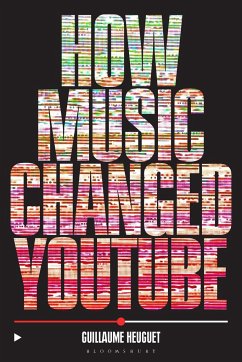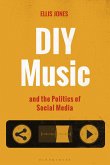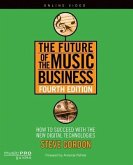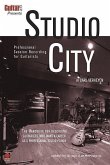How do digital technologies transform music? The answer depends on the lens of one's analysis: creation, promotion, or the experience of the listener. How Music Changed YouTube shows that the reverse question - How does music transform digital technologies? - is also worth exploring: through reliance on sound recording and music, internet technologies and media are manufactured, transformed, and come to dominate. Guillaume Heuguet's study situates YouTube in relation to both the internet platform and music industries by unpacking the cultural and technological forms embedded within and observing the practices and values associated with it, from the art of collecting to the accelerated circulation of samples and remixes. Heuguet's documentary and genealogical work relies on YouTube's traces in internet archives, its successive interfaces, the blogs of its teams, and a few emblematic channels and videos. Particular attention is paid to the tensions between the promises associated with music algorithms - recommendation system, copyright control, view calculation - and the reality of their operation from a technical and cultural point of view. How Music Changed YouTube shows how, far from responding to an immediate need, YouTube's editorial and economic model developed over time, how the various fans, artists, labels, lawyers and legislators shaped the site, and how these factors affected its rise as a global media force in the early 21st century.
Hinweis: Dieser Artikel kann nur an eine deutsche Lieferadresse ausgeliefert werden.
Hinweis: Dieser Artikel kann nur an eine deutsche Lieferadresse ausgeliefert werden.








